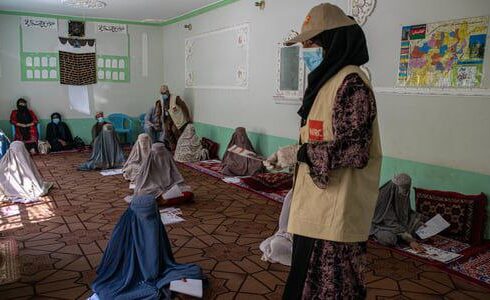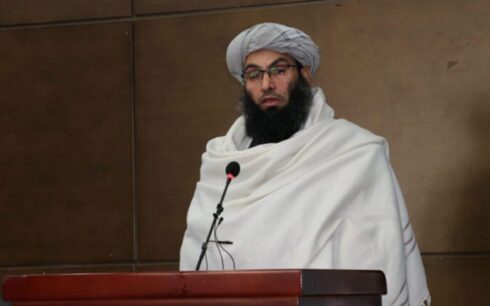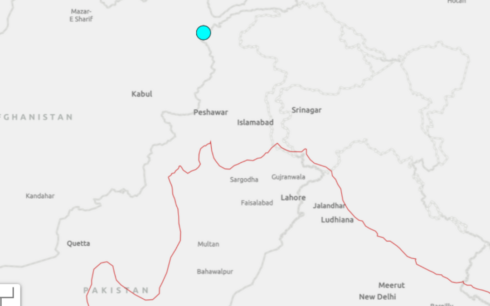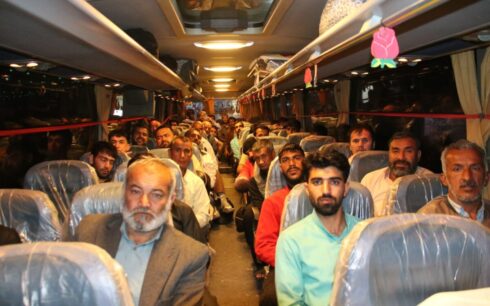With less than ten days remaining until the third round of the Doha meetings on Afghanistan, questions linger about the outcomes of the previous sessions. This report focuses on the second Doha meeting, held in February 2024.
In January 2023, following the Taliban’s ban on women’s work in non-governmental organizations and the closure of universities to girls, a United Nations delegation led by Deputy Secretary-General Amina J. Mohammed visited Afghanistan. She traveled to Kandahar and met with Yusuf Wafa, the Taliban governor of the province, along with other senior Taliban leaders close to the reclusive supreme leader. After her visit, Mohammed emphasized the need for a broad political approach in dealing with the Taliban.
As restrictions against women peaked, the UN announced in May 2023 that Secretary-General António Guterres would travel to Doha for a meeting on Afghanistan. Held on May 1 and 2 behind closed doors, the meeting included envoys from 21 countries: the United States, China, Russia, Iran, Pakistan, Tajikistan, Uzbekistan, Kazakhstan, Kyrgyzstan, Turkmenistan, Turkey, Japan, India, Indonesia, the UAE, Qatar, Saudi Arabia, the United Kingdom, France, Germany, and Norway, as well as representatives from the European Union and the Organization of Islamic Cooperation (OIC).
The participation of countries that supported and accepted Taliban diplomats added to the complexity and length of the discussions. “Due to the large number of participants, the possibility of creating a meaningful dialogue to reach a fundamental agreement on Afghanistan is practically nonexistent,” said a political analyst. “However, bilateral negotiations on the sidelines can bring positions closer, which overall benefits Afghanistan.”
The UN had announced that the Taliban were not invited to the first Doha meeting. Secretary-General Guterres stated that it was not the right time to meet with the Taliban. Similarly, opponents and anti-Taliban factions, including political party envoys, civil society members, and women protesters, were also not invited.
During the two-day meeting, the Secretary-General and representatives from various countries and organizations held four sessions. They discussed human rights issues, including women’s and girls’ rights, inclusive governance, counterterrorism, and drug trafficking. The goal was to achieve collective views and develop an international approach regarding Afghanistan. Guterres clarified that recognizing the Taliban was not the purpose of the Doha meeting.
At the conclusion of the meeting, Guterres emphasized that the UN would never remain silent about the Taliban’s systematic and unprecedented assault on women’s and girls’ rights. In response, the Taliban declared that the issue of women and girls is an internal matter for Afghanistan and not subject to external intervention.
Reflecting on the second Doha meeting, a Kabul resident said, “The Doha meeting gave us hope that the world has not forgotten us. The priority should be given to the women and men of Afghanistan. Our problems should be at the top of the agenda of such meetings.”
The third round of the Doha meetings is scheduled for June 30 and July 1, 2024.





